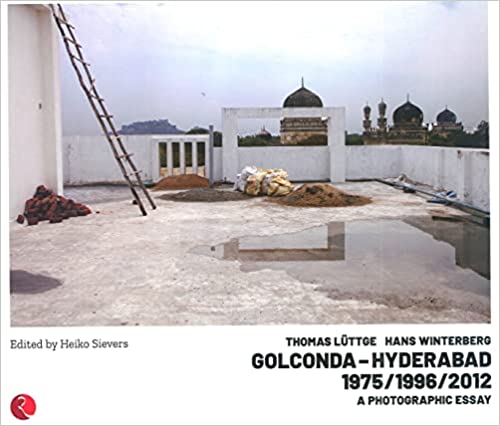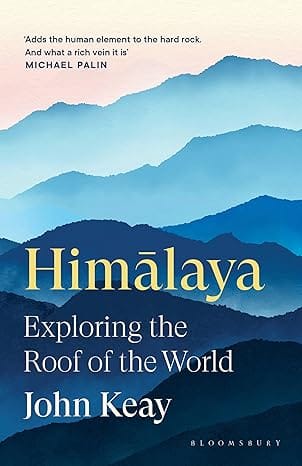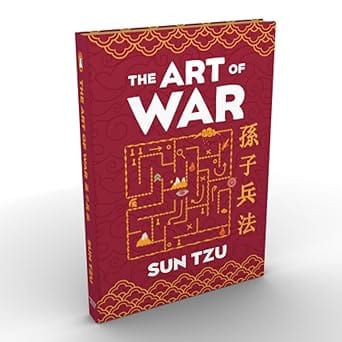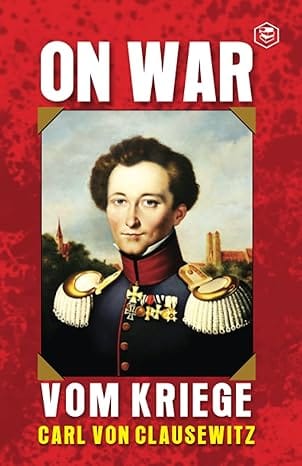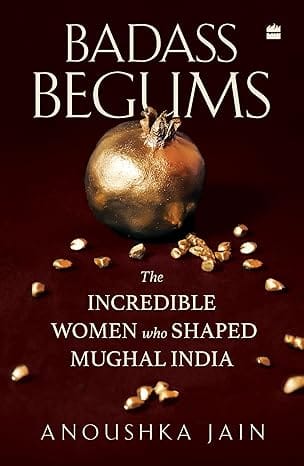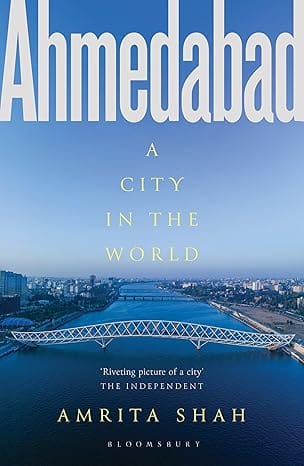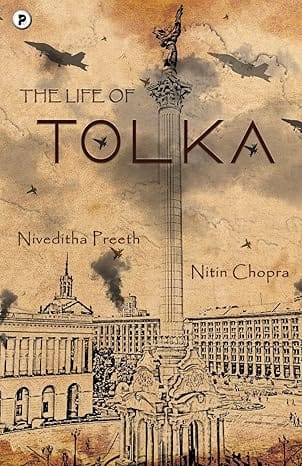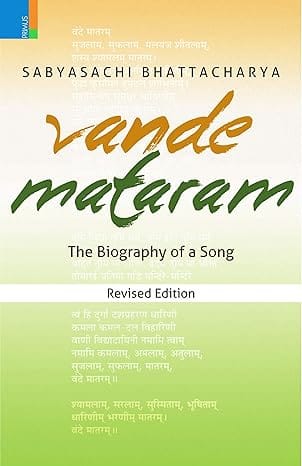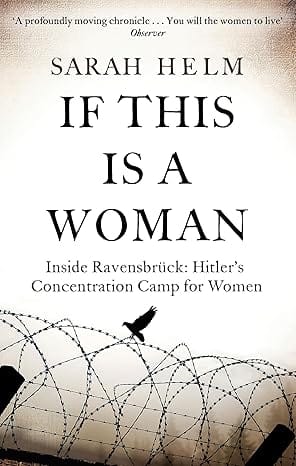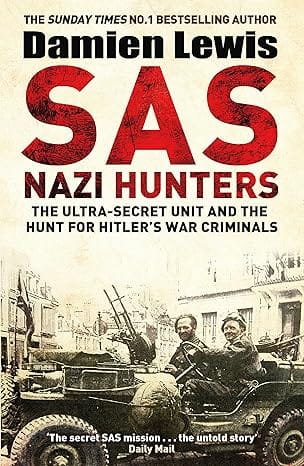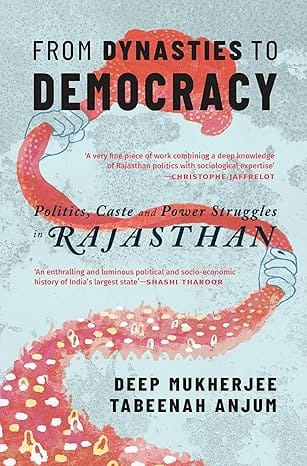- Non-ficton
- Non-ficton
- Contemporary Fiction
- Contemporary Fiction
- Children
- Children
- Comics & Graphic Novels
- Comics & Graphic Novels
- Non-Fiction
- Non-Fiction
- Fiction
- Fiction
One of the many great qualities of cities is their ability to defy the desire of the planners who attempt to orchestrate
their form through design. Cities are wondrous organisms, like microbes they evolve, and the damage as well as the
transformations are usually done before citizens, conservation advocates and civil society more generally even realize that
change is underway—what is, in truth, most often a rear-guard action.
Photography and film are perhaps the only visual mediums that truthfully capture this process. It is for this reason that
the works of Thomas Lüttge and Hans Winterberg are of importance to the conservation movement, as well as a historic
documentation of Hyderabad and Golconda.
(Prof. Rahul Mehrotra, Graduate School of Design, Harvard University)
About the Author
Heiko Sievers (*1952) studied psychology and philosophy at the Free University of Berlin and photography at Michael
Schmidt’s legendary Workshop for Photography in Berlin-Kreuzberg. After teaching at the Free University for five years,
he joined the Goethe-Institut in 1987. He has headed the Goethe-Institutes in Bangalore and Lisbon, the Cultural
Programme Department at the institute’s headquarters in Munich, and was the Regional Director of the Goethe-Institutes
in Cairo and in New Delhi (2010-2018). He is the co-founder of CIVIC Bangalore, a citizens’ urban advocacy group. He
edited Structural Adjustment. Economy, Environment, Social Concerns with Shobha Raghuram and Vinod Vyasulu (Delhi:
Macmillan, 1995), Rules, Laws, Constitutions with Satish Saberwal (Delhi: Sage, 1998) and Essays on the Philosophy of
Immanuel Kant with Bindu Puri (Delhi: OUP, 2007). In Berlin he published a volume of his photographs titled 1980.
In Berlin (Peperoni 2016).
Golconda's hyderabad 1975/1996/2012 A Photographic Essay
SIZE GUIDE
- ISBN: 9789355204219
- Author: Thomas Luttge Hans Winterberg Heiko Sievers
- Publisher: Rupa
- Pages: 208
- Format: Hardback
Book Description
One of the many great qualities of cities is their ability to defy the desire of the planners who attempt to orchestrate
their form through design. Cities are wondrous organisms, like microbes they evolve, and the damage as well as the
transformations are usually done before citizens, conservation advocates and civil society more generally even realize that
change is underway—what is, in truth, most often a rear-guard action.
Photography and film are perhaps the only visual mediums that truthfully capture this process. It is for this reason that
the works of Thomas Lüttge and Hans Winterberg are of importance to the conservation movement, as well as a historic
documentation of Hyderabad and Golconda.
(Prof. Rahul Mehrotra, Graduate School of Design, Harvard University)
About the Author
Heiko Sievers (*1952) studied psychology and philosophy at the Free University of Berlin and photography at Michael
Schmidt’s legendary Workshop for Photography in Berlin-Kreuzberg. After teaching at the Free University for five years,
he joined the Goethe-Institut in 1987. He has headed the Goethe-Institutes in Bangalore and Lisbon, the Cultural
Programme Department at the institute’s headquarters in Munich, and was the Regional Director of the Goethe-Institutes
in Cairo and in New Delhi (2010-2018). He is the co-founder of CIVIC Bangalore, a citizens’ urban advocacy group. He
edited Structural Adjustment. Economy, Environment, Social Concerns with Shobha Raghuram and Vinod Vyasulu (Delhi:
Macmillan, 1995), Rules, Laws, Constitutions with Satish Saberwal (Delhi: Sage, 1998) and Essays on the Philosophy of
Immanuel Kant with Bindu Puri (Delhi: OUP, 2007). In Berlin he published a volume of his photographs titled 1980.
In Berlin (Peperoni 2016).
User reviews
NEWSLETTER
Subscribe to get Email Updates!
Thanks for subscribing.
Your response has been recorded.

India's Iconic & Independent Book Store offering a vast selection of books across a variety of genres Since 1978.
"We Believe In The Power of Books" Our mission is to make books accessible to everyone, and to cultivate a culture of reading and learning. We strive to provide a wide range of books, from classic literature, sci-fi and fantasy, to graphic novels, biographies and self-help books, so that everyone can find something to read.
Whether you’re looking for your next great read, a gift for someone special, or just browsing, Midland is here to make your book-buying experience easy and enjoyable.
We are shipping pan India and across the world.
For Bulk Order / Corporate Gifting
 +91 9818282497 |
+91 9818282497 |  [email protected]
[email protected]
Click To Know More
INFORMATION
QUICK LINKS
ADDRESS
Shop No.20, Aurobindo Palace Market, Near Church, New Delhi

